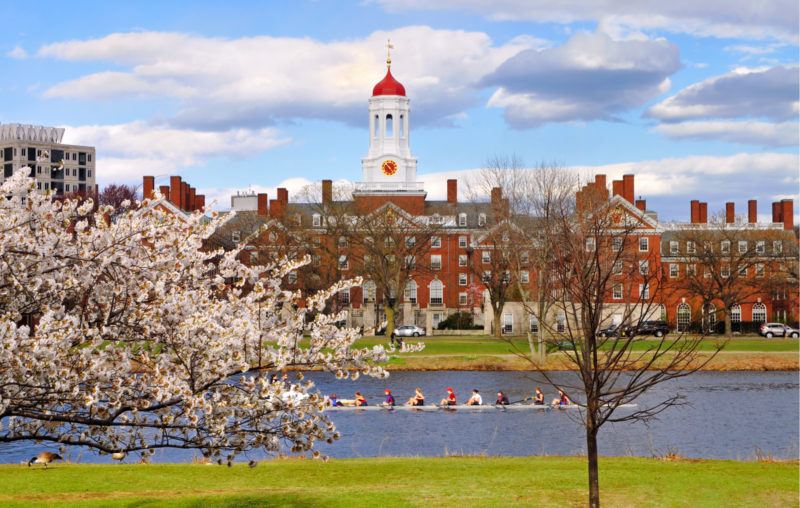Restoring Our Troubled Academy

The state of our universities is disturbing. Problems abound: high costs, crippling student debt, poor educational outcomes, and, most alarming of all, the radicalism that underlies many of the recent riots and the continuing push for socialism.
All of these problems share a fundamental cause—lack of leadership by those who are legal owners of universities or their representatives, the boards of trustees. No matter what other solutions are employed, one action essential for academic reform is to return board governance to its former place atop a hierarchical chain of command.
Currently, academia operates under a system known as shared governance. Shared governance gives each of the three main stakeholder groups—boards of trustees, administrations, and faculty—control over their own sphere of activities and influence over other spheres. Its complexity can clog the gears of decision-making; it is responsible for higher educational institutions’ inability to address serious problems through inaction and places authority in the wrong hands.
Legally, boards already have the ultimate authority over most matters—major court decisions have consistently affirmed this—but they long ago gave up their control. Before the massive explosion of learning in the nineteenth century, lay board members often had the necessary intellectual proficiency to make detailed judgments about the curriculum. But the growing specialization of knowledge put them at a disadvantage, so they retreated before the faculty.
That retreat has turned out to be a grave error. The curriculum should be decided at the societal level, not by experts. This is especially true at the public institutions that educate roughly 75 percent of all college graduates, since the ultimate purpose of public support for higher education is to benefit society. Boards exist on a plane between the institution and society; they are the proper decision-makers at that level.
Instead, faculty have control over the curriculum, and in many cases, encourage students to adopt the worst ideas. Faculty are not incentivized to be impartial, and they exhibit a strong tendency toward the phenomenon called “groupthink,” a process that gradually eliminates dissent and favors unanimity over objectivity. Academic groupthink has progressed too far to expect that reform will come from inside the academy; one study of humanities and social science faculty voter registrations in 1972 showed four Democrats for every Republican. A 2016 study showed the imbalance had increased dramatically to 11.5 to one.
While boards usually have legal oversight powers, they almost never exercise their authority even to prevent severely egregious faculty hires or new programs and courses. One of the rare examples of a board exercising due diligence that illustrates the need for such oversight was the Steven Salaita case at the University of Illinois. The American Indian Studies department offered Salaita a tenured position; soon after, tweets he made came to light that included, among other antisocial sentiments, praise for the kidnapping and murder of Israeli teenagers. The board of trustees voted against making his appointment final, saving Illinois from hiring an unhinged radical professor whose academic freedom protections would have made him difficult to fire.
But faculty are just part of the shared governance problem. Administrators have been able to relegate the board to little more than a rubber-stamp committee due to an asymmetry-of-information problem. The administration is intimately involved with everything that occurs on campus, and can therefore manipulate the board, which is composed of largely part-time non-educators who remain at a distance from day-to-day operations, by limiting the information given to board members.
Some may argue that a system of governance that grants power to multiple stakeholders is equitable. But higher education is not a democracy; nor does it thrive without firm leadership. The sad truth is that the current system is failing on many levels and the greatest need is finding the best means for good governance. Shared governance has produced an educational and political crisis. As long as the faculty and top administrators are in charge, the academy will continue to be wasteful, self-serving, and inappropriately political. Change must come from above, where the board is supposed to be.










